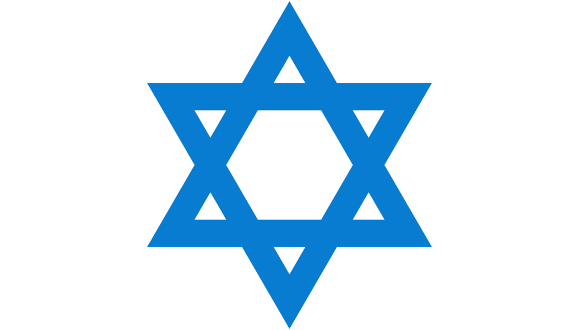Violent attacks against Jews declined 12% in 2016, but anti-Semitic hate speech spiked

U.S. college campuses saw a 45% rise in anti-Semitism of all forms, annual TAU Kantor Center study reports
Support this researchAnti-Semitic violence around the world dropped 12%, from 410 incidents in 2015 to 361 incidents in 2016. But anti-Semitism on U.S. college campuses increased 45%, and the incidence of anti-Semitic hate speech, particularly online, rose dramatically worldwide, according to the annual report by Tel Aviv University‘s Kantor Center for the Study of Contemporary European Jewry, published on Sunday, April 23.
“It has been a year of contradictions,” said Prof. Dina Porat, Head of the Kantor Center and Chief Historian of Yad Vashem, the World Holocaust Remembrance Center in Jerusalem. “On the one hand, an overall decline in violent anti-Semitic attacks; on the other, a dramatic rise in online manifestations of anti-Semitism — and Twitter is the worst for anti-Semitic hate speech. This, along with concern over the possible impact of the refugee crisis and extreme right nationalist groups striving for power, are causing growing anxiety among Jewish communities around the world.”
The Kantor Center’s annual report, a global overview of anti-Semitic incidents, is based on surveys conducted by recognized watchdogs from dozens of countries, including nearly all European Union member states. The full report is available at http://www.kantorcenter.tau.ac.il/sites/default/files/Doch_full_2016_230417.pdf.
The study found a 60% drop in anti-Semitic incidents in France and a similar decrease in Belgium, sites of violent attacks against Jews in the last few years. According to Prof. Porat, the decline can be attributed to government-sponsored protection for Jewish centers and institutions that have “special security needs”; improved intelligence on terrorist cells perpetrating attacks on Jews; no specific military operation involving Israel in the past year; and “the fact that more Jews avoid appearing in public spaces with identifying attributes such as a yarmulke and a Star of David.”
Although there has been an overall decrease in violent anti-Semitic attacks around the world, this has been “counterbalanced by a sharp increase in verbal and online attacks and a sharp increase in anti-Semitic incidents in countries historically friendly to Jewish communities,” said Prof. Porat.
According to the report, the year 2016 saw a 10% increase in general anti-Semitism in Australia, an 11% increase in the U.K., and “campuses across the U.S. continued to be a hotbed for anti-Semitism, especially when disguised as anti-Zionism.”
“There was an alarming rise of 45%in anti-Semitic incidents on [U.S.] university campuses, where Jewish students are facing increasing hate and intolerance,” Moshe Kantor, president of the European Jewish Congress, said in a statement about the report. “We are now witnessing that the targeting of Jews is no longer the sole domain of the far right. The far-left are now using the same messages, tactics and agenda,” he said.